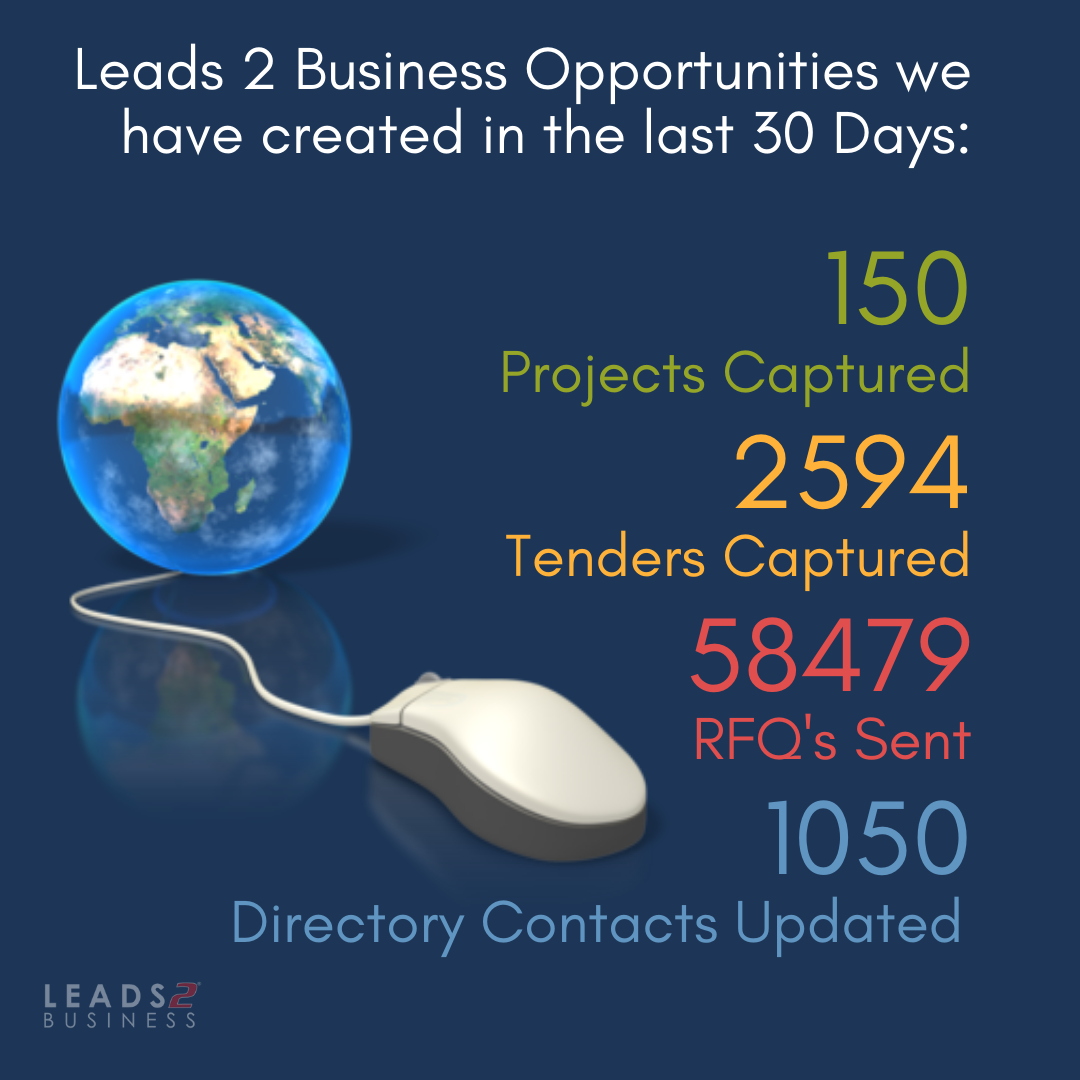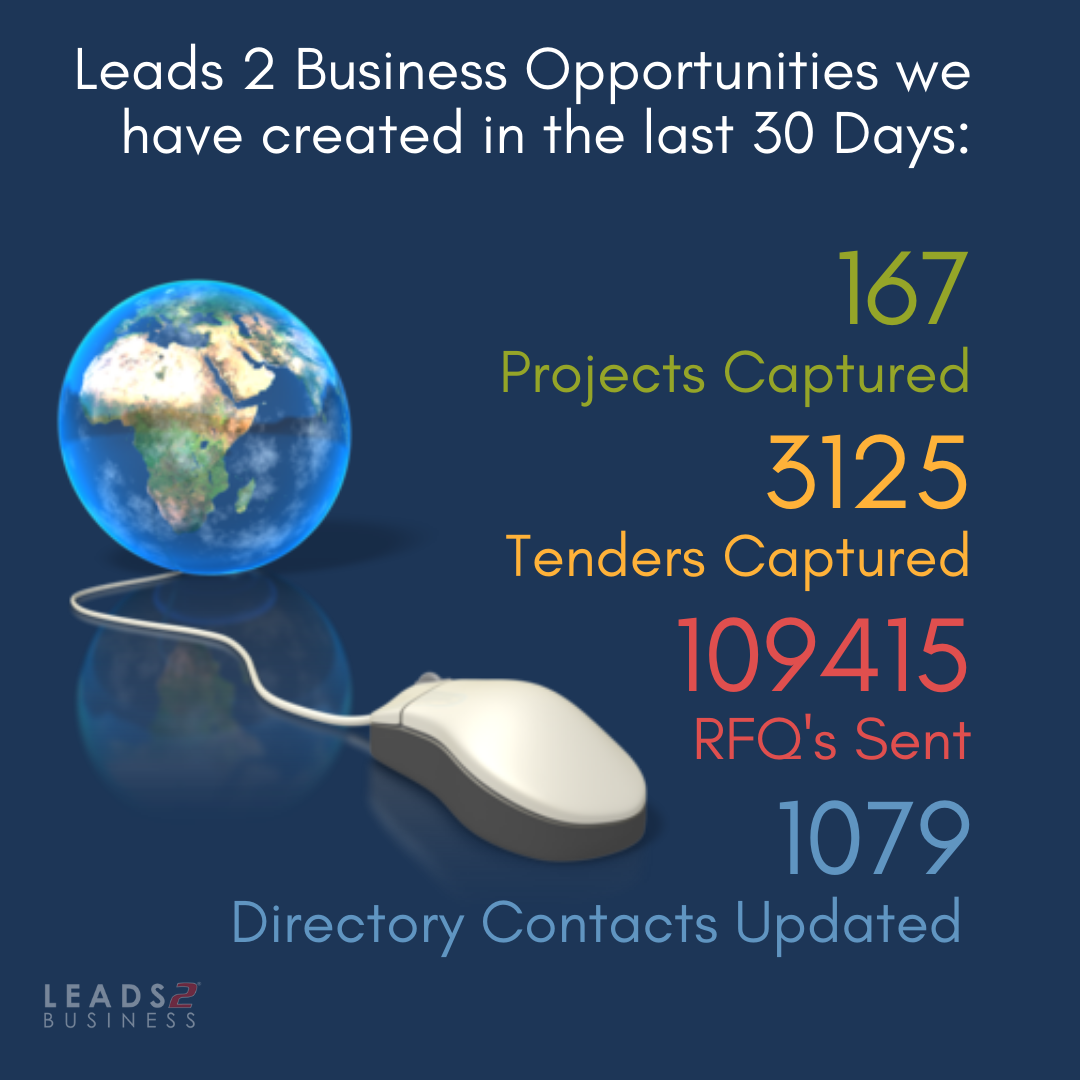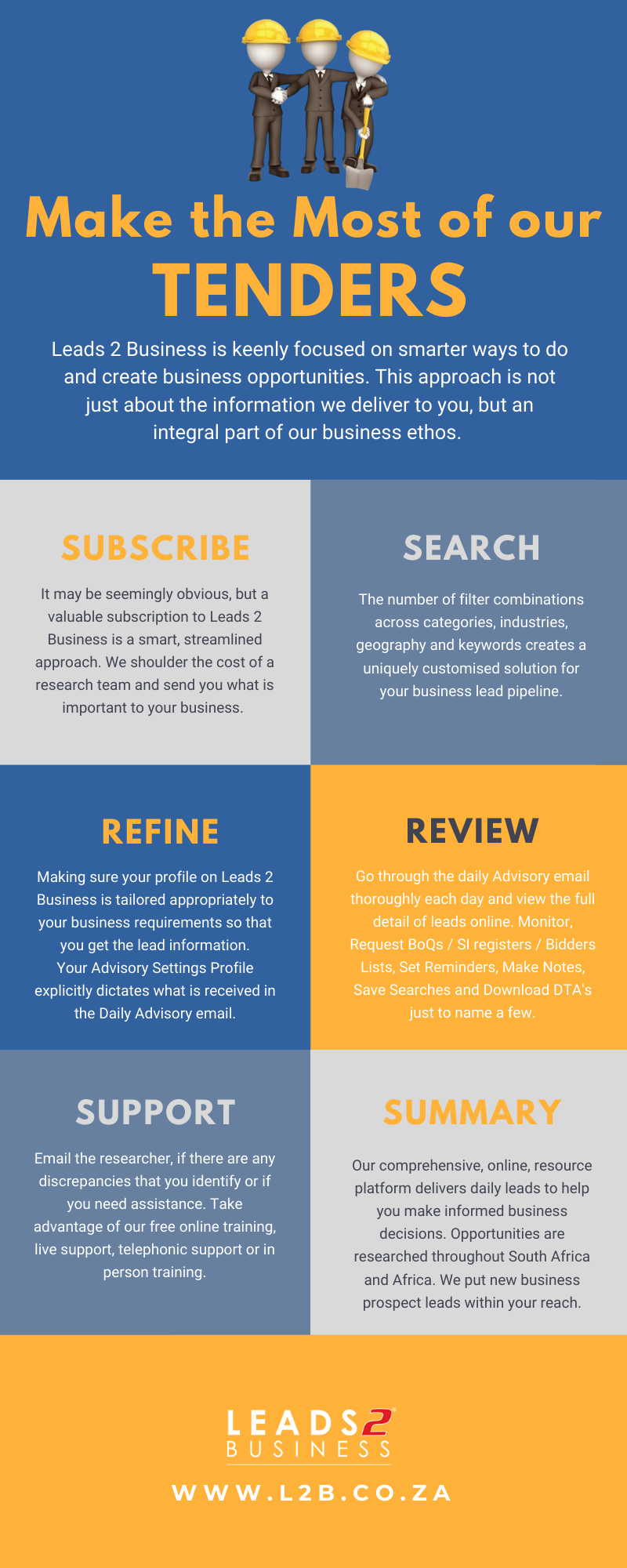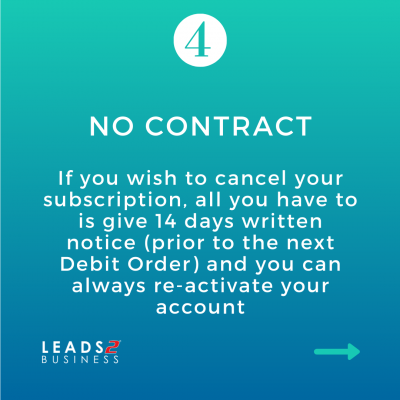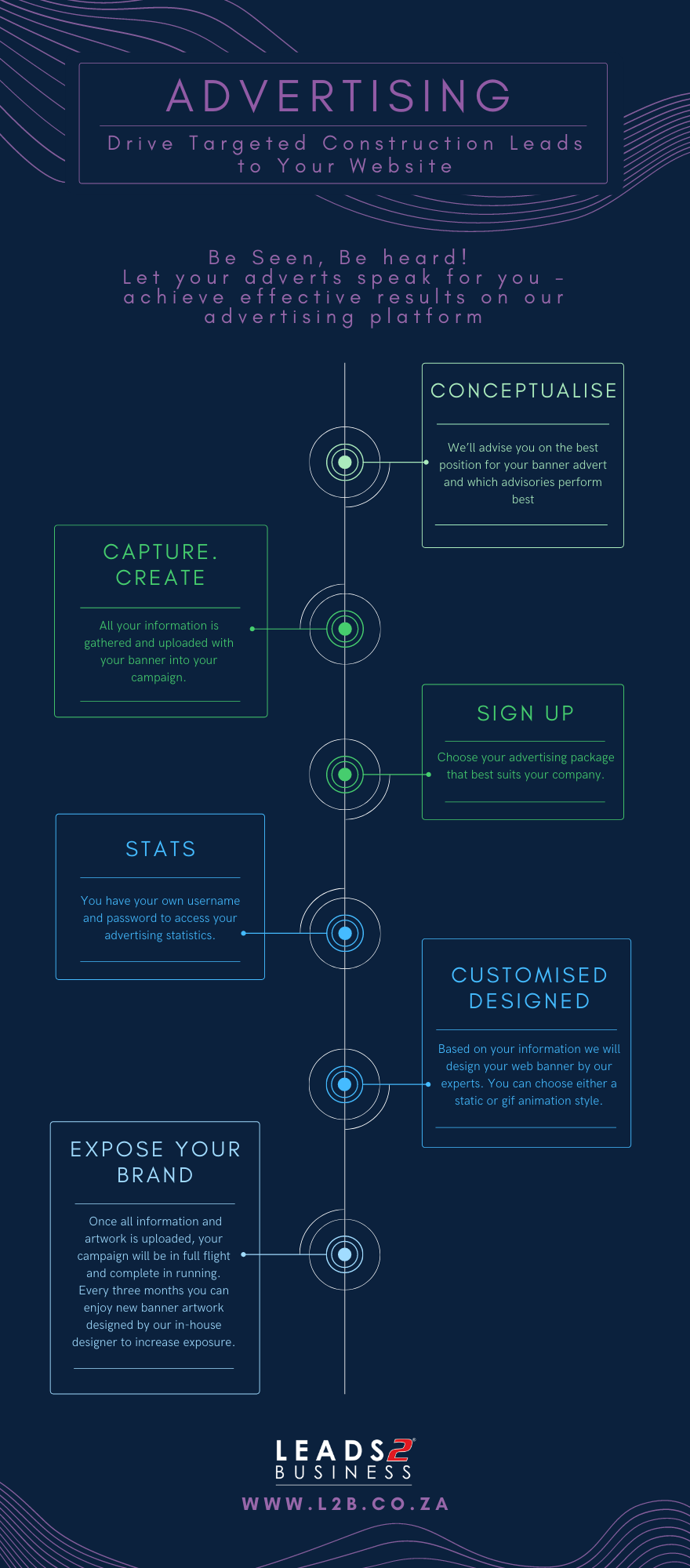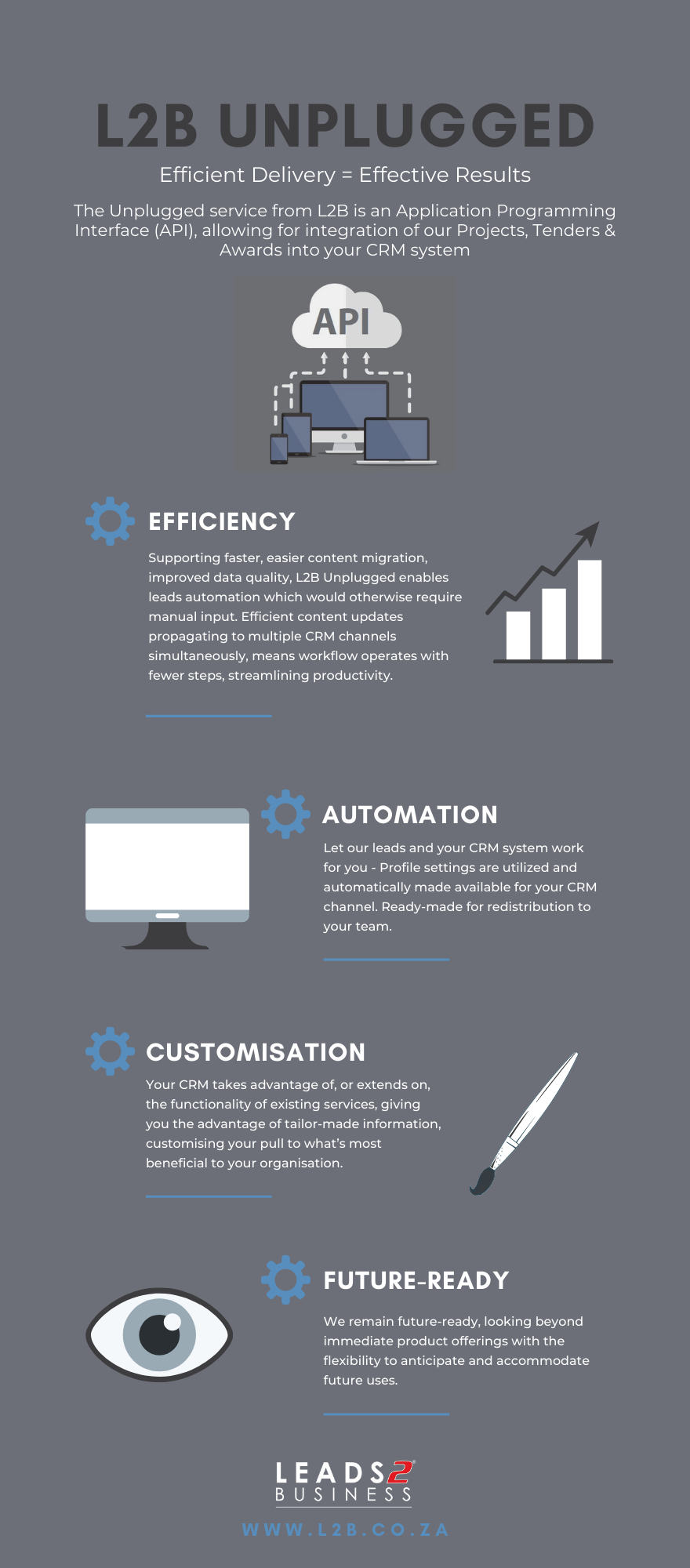
When I started here almost 14 years ago, all we did was source and add tenders, and then answer the phone. But much has changed over the years.
Have you ever had so much on your mind that you didn’t know where to start? Most days feel like that in the Tenders SA Department. Construction-related Tenders are our Main Focus. Obviously, our main priority is getting information out to our subscribers as soon as we can, but there is so much that goes with that.
Sourcing and adding tenders (from like a hundred different sources) to our website and ensuring our subscribers get them timeously.
While doing all the sourcing and adding, we also have to attend to queries via email, phone calls and Live Support.
Queries regarding Tenders already on our system, Tenders our subscribers are looking for and anything related to our system.
We check hundreds of sources daily to keep our information up to date.
Our subscribers can request all kinds of documents on our tenders. So we also spend time each day requesting Site Registers and Bidders Lists. (These are subcontracting Opportunities)
We often follow up on why Tender Documents are not available yet. (Since the Government does not feel our subscribers’ pressure).
We follow up on Award Details on the Tenders that we have published, so that we can close it off on our website, which then subsequently gives our subscribers another opportunity to subcontract.
Our subscribers also have a feature on tender notices where they can request award details so that we know which tender awards they are interested in.
We are the Leads 2 Business Head Office, and as such we also man the Switchboard, along with other Departments, to answer incoming calls.
With this as another avenue to reach potential clients, we also make the odd sale here and there (if you can believe it). Therefore time is also set aside to train our new subscribers (and the existing ones) on our website. Training/Support is ongoing and free of charge to our subscribers. We also follow up on any account related queries for our own subscribers on behalf of the Accounts Department.
It is like a fast car chasing down a dirt road. This may all seem impossible to be done by each of us in a single day, every day, but we never run out of work and always have something keeping us busy and will keep bringing you the latest Tenders.
To view more Articles, please visit our Leads 2 Business Blog.
If you are interested in becoming one of our subscribers, please visit Leads 2 Business.
To view notes with screenshots on how to use our website, please visit Leads 2 Business Wiki.



